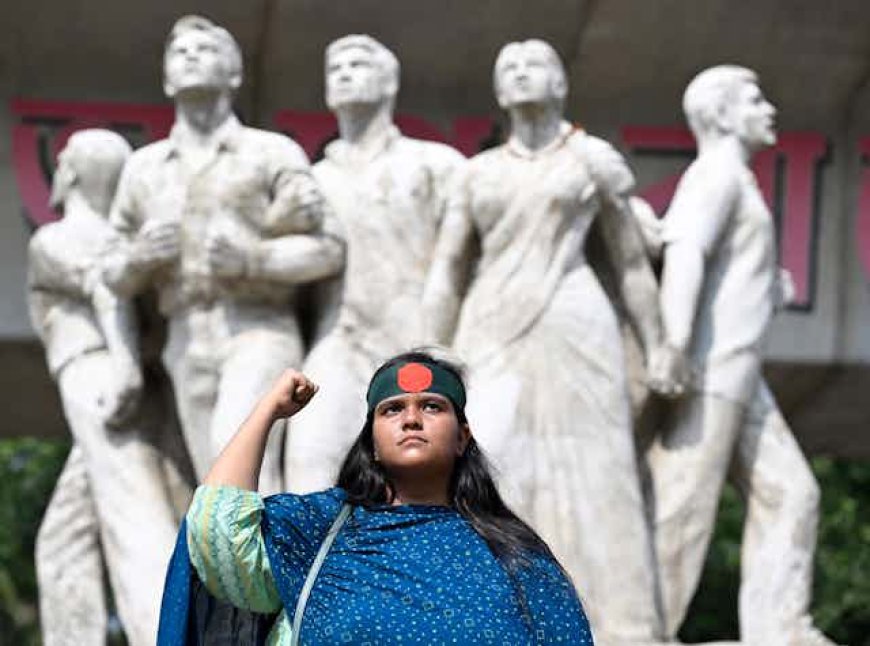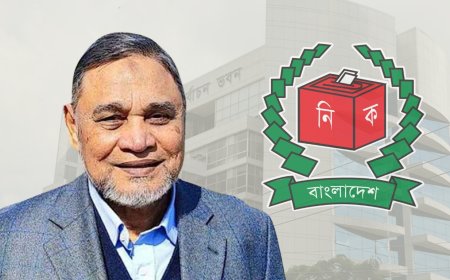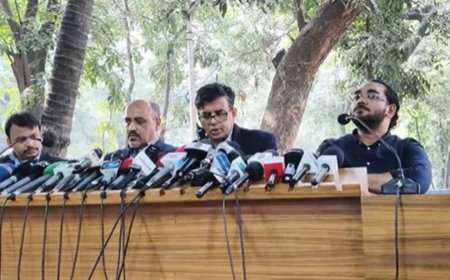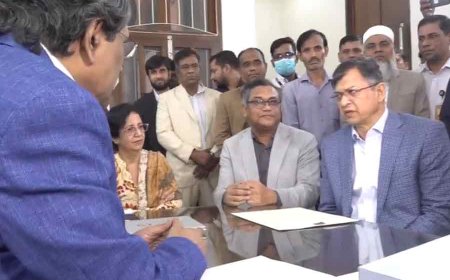The Challenge with Bangladesh's Reform Commissions
The Challenge with Bangladesh's Reform Commissions

Since the mass protests of July-August led to former Prime Minister Sheikh Hasina’s resignation and departure from Bangladesh, an interim government under Dr. Muhammad Yunus has taken charge.
Establishment of Six Reform Commissions
One of Yunus' first initiatives as chief adviser was to establish six reform commissions, aimed at addressing corruption and reforming Bangladesh’s electoral system, police, judiciary, public administration, and constitution. In an interview with German broadcaster DW, Yunus accused Hasina of damaging Bangladesh's institutions and stressed the interim government’s mission to restore democracy, human rights, and good governance.
Public Distrust of Institutions and Police Brutality
The recent mass uprising underscored severe issues within Bangladesh’s police force, including accusations of brutality, forced disappearances, and mass imprisonment. Public outrage over these actions led to widespread protests and violence, with several officers killed in clashes. With the change in government, many police officers known for their partisan behavior have either been jailed, fled, or gone into hiding.
Aiming for a Democratic Transition
In another interview, Yunus emphasized the interim government’s commitment to “reform towards democratization,” suggesting that a democratic transition will follow the reforms. The commissions began working in October and are expected to engage with civil society and political parties, delivering reform roadmaps within three months. Yunus plans to use these reports to consult with stakeholders, execute reforms, and organize free and fair elections, likely in 2025. Despite a lack of public mandate, the reform commissions have received considerable public support, reflecting a shared desire to address systemic issues.
Support and Criticisms of the Reform Commissions
Dr. Mohammad Mozahidul Islam of Jahangirnagar University supports Yunus’ reform initiatives, arguing that without these institutional reforms, Bangladesh risks returning to autocratic rule. However, others are wary. Journalist Tasneem Khalil argues that true reform should be led by an elected government and criticizes the commissions for lacking transparency and inclusivity, as they are largely composed of Bengali Muslim men without broad demographic representation. He also raised concerns over the opaque recruitment process for commission members.
Yunus Government's Defense of Reform Efforts
In response, Yunus’ press secretary Shafiqul Alam defended the commissions, stating they were formed with careful consideration and expert input. Alam highlighted that the public’s demand for change stems from frustration with Hasina’s authoritarian rule and asserted that the interim government is committed to delivering meaningful reform.
Limited Political Representation and Potential Disconnect
A potential gap between the commissions and political parties may hinder the reform process, as the commissions are mainly led by individuals from academia and NGOs, with limited political experience. The Bangladesh Nationalist Party (BNP), which may form the next elected government, has cautiously responded to Yunus’ reform agenda. BNP adviser Mahdi Amin emphasized the need for clear deliverables and suggested a collaborative approach involving the political parties to ensure democratic transition.
Moving Forward with Public Support Amid Rising Tensions
Yunus' reform plans offer a roadmap for substantial change, but time is a critical factor. Rising commodity prices and declining law and order have led to nationwide protests, and Yunus must maintain public and political support to sustain his administration’s reform process.
What's Your Reaction?





















































































